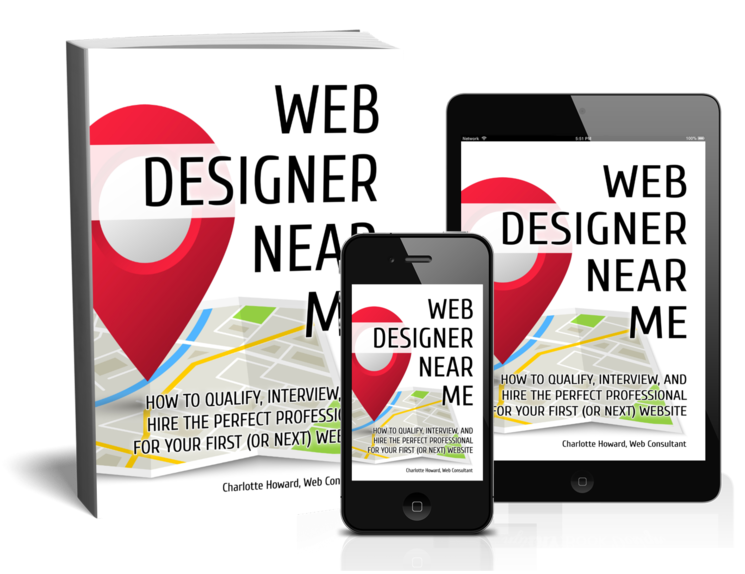TL;DR
Starting a blog for your business can be rewarding and beneficial with the right approach. Here’s a simple guide to get you started:
- Define Your Goals: Clarify what you aim to achieve, whether it’s increasing traffic, generating leads, or building authority.
- Identify Your Target Audience: Understand who your audience is and tailor your content to their needs and interests.
- Plan Your Content: Use a content calendar to ensure consistency and cover a variety of topics.
- Generate Blog Post Ideas: Use resources like Google Trends, Answer the Public, BuzzSumo, and competitor blogs for inspiration.
- Write Compelling Content: Focus on clarity, relevance, and value with catchy headlines, concise text, engaging visuals, and calls-to-action.
- Stay Organized: Use categories, sub-categories, tags, and search functionalities to help users find information quickly.
- Optimize for SEO: Incorporate keywords, meta descriptions, internal and external links, and optimized images to boost visibility.
- Promote Your Blog: Share posts on social media, through email marketing, and in online communities to reach a wider audience.
- Use Free Resources for Images and Ideas: Enhance posts with high-quality visuals from Unsplash, Pexels, Pixabay, and Canva.
- Monitor and Adjust: Track performance using analytics tools and refine your strategy based on data insights.
Starting a blog can seem overwhelming, but these steps will set you on the right path. For advanced techniques and strategies, consider partnering with a digital marketing agency (like us!).
1. Define Your Goals
Before you begin blogging, it’s important to define what you hope to achieve. Are you looking to increase website traffic, generate leads, or build your brand’s authority? Having clear goals will guide your content strategy and help you measure success.
2. Identify Your Target Audience
Understanding who your target audience is will help you create content that resonates with them. Consider their demographics, interests, and pain points. What questions are they asking, and what information do they need? Tailoring your content to your audience’s needs will make your blog more relevant and engaging.
3. Plan Your Content
Create a content calendar to plan your posts in advance. This helps ensure consistency and allows you to cover a variety of topics. Aim to publish regularly, whether it’s once a week, bi-weekly, or monthly.
4. Generate Blog Post Ideas
Struggling to come up with topics? Here are a few resources and methods to spark inspiration:
- Google Trends: See what’s trending in your industry.
- Answer the Public: Find out what questions people are asking.
- BuzzSumo: Discover popular content in your niche.
- Competitor blogs: Check out what your competitors are writing about.
5. Write Compelling Content
When writing your blog posts, focus on clarity, relevance, and value. Here are some tips:
- Use catchy headlines: Grab your reader’s attention.
- Be concise: Keep your content clear and to the point.
- Include visuals: Images, infographics, and videos can make your posts more engaging.
- Add a call-to-action: Encourage readers to take the next step, whether it’s subscribing to your newsletter or contacting you for more information.
6. Stay Organized with Categories, Sub-Categories, Tags, and Search
Blogging allows for the elegant, organized growth of your website through the use of categories, sub-categories, tags, and search functionalities. This structured approach helps users find information quickly and efficiently, improving their overall experience and encouraging them to spend more time on your site.
7. Optimize for SEO
To increase the visibility of your blog, incorporate basic SEO practices, such as:
- Using relevant keywords: Include keywords in your headlines, subheadings, and throughout your content.
- Adding meta descriptions: Write a brief, compelling summary for each post.
- Using internal and external links: Link to other relevant content on your site and authoritative external sources.
- Optimizing images: Use descriptive filenames and alt text for images.
8. Promote Your Blog
Once you’ve published a post, promote it to reach a wider audience:
- Share on social media: Post on platforms like Facebook, Twitter, LinkedIn, and Instagram.
- Email marketing: Include links to your blog in your newsletters.
- Engage in online communities: Share your posts in relevant forums and groups.
9. Use Free Resources for Images and Ideas
High-quality visuals can enhance your blog posts. Here are some free resources to find stock images and generate ideas:
- Unsplash: Free high-resolution photos
- Pexels: Free stock photos and videos
- Pixabay: Free images and videos
10. Monitor and Adjust
Track the performance of your blog using tools like Google Analytics and Google Search Console. Monitor metrics such as traffic, engagement, and conversion rates. Use this data to refine your content strategy and make improvements.
Conclusion
Starting a blog can seem overwhelming, but by following these steps, you can create a successful blog that benefits your small business. While these tips will help you get started, remember that advanced blogging techniques, such as detailed SEO strategies, content marketing campaigns, and in-depth analytics, may require the expertise of an SEO specialist. If you’re looking to take your blog to the next level, consider partnering with a digital marketing agency like ours to help you achieve your goals.
RELATED:
The Benefits of Blogging for Small Businesses ⇒
What should I blog about?
Get in Touch for Custom SEO Services
Ready to take your business to the next level with cutting-edge SEO strategies?
Contact us today for Custom SEO Services that will help you reach your revenue goals and maximize profitability. Let us help you stay ahead in the digital landscape and ensure your business gets the visibility it deserves.
Explore our Custom SEO Services ⇒
Links to Related Articles: For more tips and insights, check out our other blog posts on SEO and website optimization here ⇒
Why choose Accelerated Web Systems for SEO?
✔️ We believe in nuance, alignment, and consistent, relentless work. You are not just a number with us.
✔️ We dive deep into your unique business proposition, your ideal client persona, and your revenue goals.
✔️ We evaluate your current situation in the search engines from many angles to establish a benchmark before we start. Keywords, competition, reviews, Google properties, website speed, and website conversion rates all play a part in a successful SEO campaign.
✔️ We research, strategize, plan, and execute for short and long-term success.
✔️ You can count on our SEO services being comprehensive, clever, creative, and competitive.
✔️ We have been doing SEO for over 18 years and web design for over 20. We know what it takes to rank!



